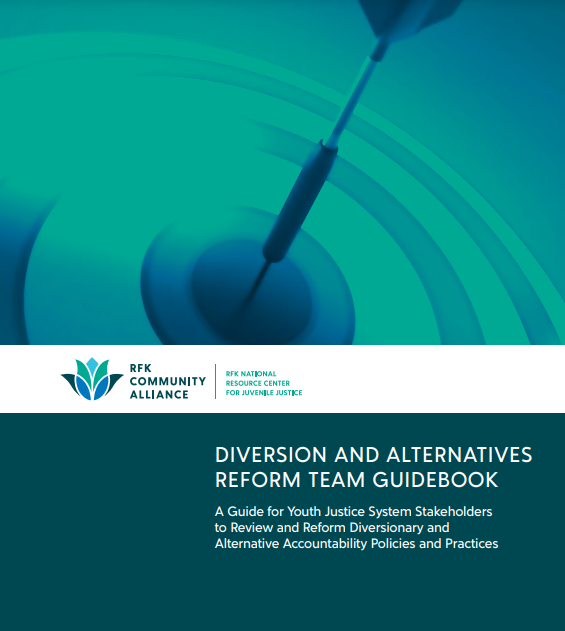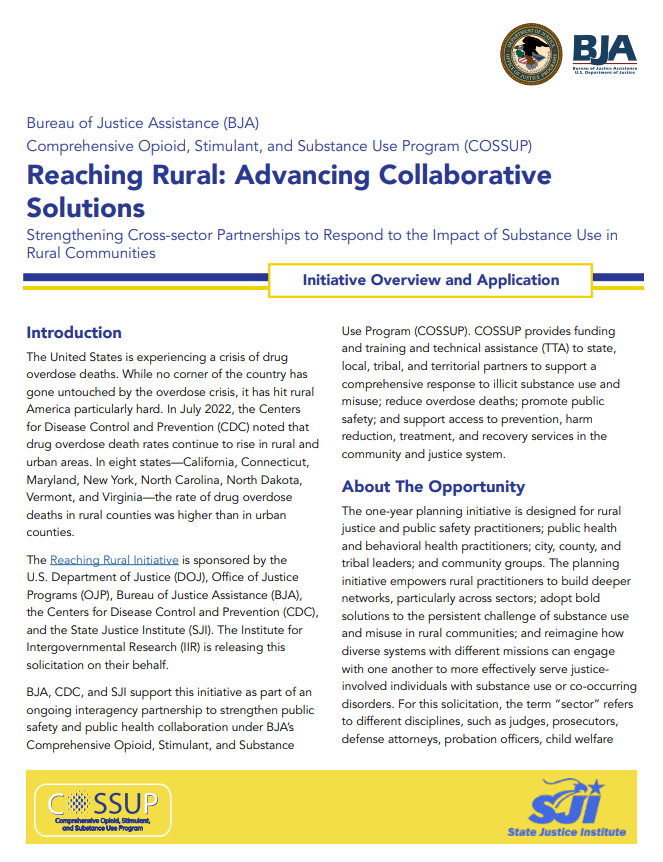Upcoming Webinar! Ensuring Access to Medications for Opioid Use Disorder (MOUD) – Court Considerations. When? December 4th, 2023, at 12:00PM EST.
Medication for Opioid Use Disorder (MOUD), formerly known as Medication Assisted Treatment (MAT), which may be in combination with counseling and psychosocial services, is the evidence-based standard of care for treating opioid use disorder (OUD). However, access to and retention in MOUD remains limited in many jurisdictions.
This webinar will educate courts and their collaborative partners on:
-The Neurobiology of #OUD and how #MOUD works and their FDA-approved uses;
-MOUD myths and misconceptions;
-Basics of MOUD in court settings and judges’ roles and responsibilities to persons with OUD;
-Legal protections for persons taking legally-prescribed MOUD.







